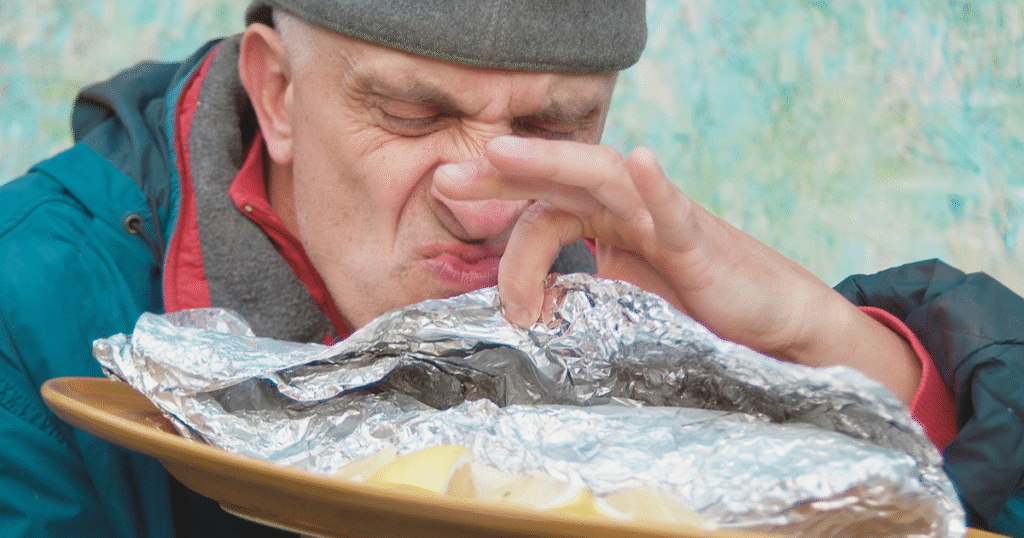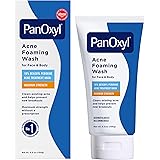
The Craziest Weight Loss Trend Yet
The diet industry has seen it all: low carb, keto, paleo, juice cleanses, and even cabbage soup. But the latest viral trend sweeping TikTok and internet wellness forums sounds too insane to be real: losing weight by only smelling food. That’s right, no chewing, no swallowing, no calories consumed. You simply sniff your meals, let the aroma trick your brain into thinking you’ve eaten, and supposedly watch the pounds melt away.
Is this diet just a ridiculous fad, or is there some twisted science behind it? Believe it or not, researchers, nutritionists, and even some psychologists have looked into how the sense of smell influences appetite. And while most experts would never endorse surviving on scent alone, there’s no denying that people are buzzing about this strange strategy.
How the “Smell-Only” Diet Works
At its core, the Smell-Only Diet relies on the brain’s response to aromas. When we smell food, our olfactory system activates neural pathways linked to taste, satiety, and memory. In simple terms, smelling a sizzling pizza or freshly baked bread can trick the brain into believing the body is experiencing food, even if nothing has entered the stomach.
Proponents of this diet claim that by inhaling deeply and “savoring” scents, they can suppress cravings, avoid binge eating, and reduce calorie intake. Some even ritualize the process: plating food, setting the table, and inhaling slowly as though eating a normal meal. The ritual itself enhances the illusion of fullness.
The Science of Smell and Satiety
This diet might sound laughable, but science does support the idea that smell and appetite are deeply connected. Studies show that:
- Olfactory stimulation increases satiety signals. The smell of high-calorie foods like chocolate or fried chicken can release dopamine, temporarily satisfying cravings.
- Repeated exposure dulls cravings. Smelling the same food multiple times in a row can make the brain lose interest, reducing the urge to eat.
- Smell affects perceived taste. Without smell, taste is significantly muted. The opposite may also be true; strong scents can “trick” the brain into thinking flavor is present, even without chewing.
Neurologists suggest that our ancestors relied on smell to detect the nutritional value of foods before eating them. The Smell-Only Diet pushes this primal response to the extreme, attempting to replace eating altogether.
Real-Life Stories: Who’s Trying It?
Like most viral diets, the Smell-Only Diet gained traction on TikTok, where users post videos of themselves hovering over steaming plates of pasta or freshly baked cookies, inhaling deeply, and dramatically claiming they’ve “just had dinner.”
One TikTok user reported losing 10 pounds in two weeks, saying she “smells chocolate bars instead of eating them.” Another person joked that she now spends family dinners sniffing everyone else’s food while sipping water. Some claim it helps with portion control, while others admit it’s more of a stunt than a lifestyle.
The Role of Placebo and Ritual
Experts argue that much of the Smell-Only Diet’s success could stem from the placebo effect. If someone genuinely believes smelling food can replace eating, the brain may cooperate temporarily. Ritual plays a role too; setting up food, smelling it slowly, and pretending to eat can create a psychological sense of completion.
Psychologists compare it to mindful eating, where people slow down to appreciate the sensory experience of food. The Smell-Only Diet takes that idea to the extreme, removing eating entirely, but keeping the sensory ritual.
Risks and Dangers of the Smell-Only Diet
While the Smell-Only Diet may sound funny and harmless, nutritionists warn of serious risks:
- Malnutrition: Food provides vitamins, minerals, proteins, and fats that smells alone cannot replace.
- Muscle loss: Extended calorie restriction without protein intake leads to rapid muscle breakdown.
- Energy depletion: Without calories, the body eventually shuts down energy-demanding functions, leading to fatigue and weakness.
- Psychological distress: Obsessing over smelling food without eating can worsen disordered eating behaviors.
Doctors caution that while sniffing food might be an occasional hack to curb cravings, it should never replace real meals.

Why People Believe It Works
Despite the risks, many people believe in this diet because it taps into sensory satisfaction. Smell is one of the most powerful senses connected to memory and emotion. A whiff of garlic bread or barbecue can trigger pleasure centers in the brain. When paired with water or chewing gum, some dieters feel as though they’ve actually eaten.
Additionally, this trend appeals to those looking for quick fixes. In a world where extreme diets regularly go viral, a diet requiring no exercise, no calorie counting, and no cooking feels both absurd and oddly attractive.
Smelling as Appetite Control vs. Full Diet
It’s important to differentiate between using smell as an appetite-control strategy and replacing food entirely. Some psychologists support using scents as a tool for managing cravings, for example, sniffing vanilla or peppermint to suppress hunger. However, surviving solely on smells is not sustainable.
A balanced approach might be to use scent to avoid overeating between meals, not as a substitute for nutrition. This distinction is lost in many viral videos, where shock value takes precedence over health advice.
Could Smell-Based Diets Become Mainstream?
Given how fast wellness trends spread, it’s not impossible to imagine “scent-based dieting” becoming a niche market. Imagine:
- Scent packs are designed to simulate fried chicken, pizza, or cheesecake.
- Portable food-scent inhalers for people on the go.
- Subscription boxes with new aromas for different cravings.
In fact, companies already sell “flavor inhalers” or “aroma sticks” marketed as appetite suppressants. The Smell-Only Diet may be an exaggerated form of this existing industry.
Cultural Fascination with Absurd Diets
Part of the Smell-Only Diet’s viral appeal is cultural. Humans are drawn to extremes, especially when it comes to body image and health. From medieval fasting saints to 20th-century cigarette diets, bizarre eating fads have always fascinated people.
The Smell-Only Diet fits neatly into this tradition, combining modern wellness obsession with social media spectacle. Watching someone sniff a plate of nachos while dramatically declaring they’re “stuffed” is both ridiculous and oddly relatable.
The Comedy and Meme Potential
Beyond weight loss, the Smell-Only Diet thrives because it’s funny. The image of someone inhaling lasagna with deep seriousness is ripe for memes, parody, and viral jokes. Comedy accounts on Instagram and Twitter have already picked up on the absurdity, suggesting spin-offs like “the see-food diet where you just look at pictures of food, or “the touch diet where you just poke your burger instead of eating it.”
Humor, virality, and shock value ensure that even if this diet is never taken seriously, it will remain in internet folklore as one of the strangest fads ever invented.
Should You Try It?
The Smell-Only Diet might sound like a weight-loss breakthrough, but in reality, it’s more of a social experiment, comedy routine, and psychological trick than a sustainable lifestyle. While smelling food can temporarily reduce cravings and offer a quirky sense of satisfaction, it cannot replace actual nutrition.
Still, the idea raises fascinating questions about how our senses influence appetite, how far people will go for quick fixes, and why bizarre diets always capture attention. Maybe we’ll look back on the Smell-Only Diet as one of the internet’s weirdest wellness phases, or maybe it will inspire an entire industry of smell-based appetite control products.
Either way, the next time you catch yourself hovering over a plate of nachos just for the scent, remember: science may not support the Smell-Only Diet, but at least you’ll have a crazy story to share.
abs aging in Hollywood angels bad hair days blood sausage brazilian waxing breatharianism bridgitte macron butter candace owens celebrity facelift charlie kirk coffee crazy subject dating did you know diet eating air elon musk everyday life facelift gay men health health benefits imagination invisible calories jellyfish kathy griffin laughter lovers mayonnaise nail polish pizza toppings purple food small people smelling food socks squirrels The Smell-Only Diet transgender weight loss weird foods wi-fi yoga pants


